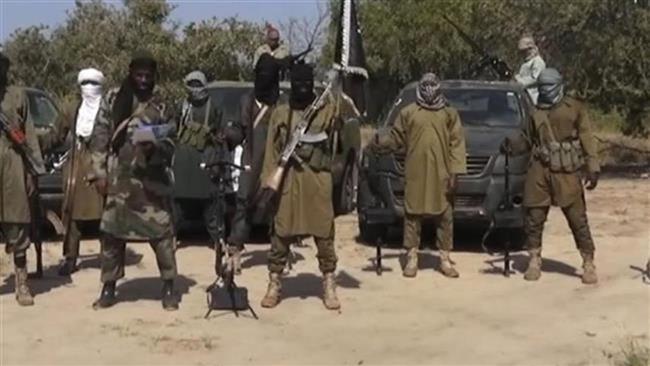Forty-five Boko Haram suspects jailed in Nigeria
Nigeria convicted and jailed 45 Boko Haram suspects, government said, the first sentences it handed down in a set of mass trials that have drawn criticism for being held behind closed doors. The trials are the biggest to date in the eight-year-old militant Islamist insurgency, which has left at least 20,000 people dead and driven twp million from their homes in north-eastern Nigeria.
Those convicted were sentenced to between three and 31 years in jail, Lai Mohammed, the information minister said in a statement. He did not specify what they were convicted of. The rest of the 575 suspects arraigned in the first trial the court saw 468 discharged who had no case to answer, threw out 34 cases, and remanded 28 for trial in Abuja or Minna, he said.
“The court ordered the 468 discharged persons should undergo de-radicalisation and rehabilitation programmes before they are handed to their respective state governments,” it said.
The other trials have been adjourned until January. In all, about 1,670 suspects are due to appear in court, many of who have been held for years in pre-detention in alleged violation of their rights.
The proceedings were cautiously welcomed by rights groups and experts. But both they and the United Nations criticised the trials for handling too many cases at once and all behind closed doors with no media or public observers allowed.
“We have serious concerns the conduct of the proceedings may deny the defendants the right to a fair trial and an effective defence,” said a UN High Commissioner for Human Rights spokesman. “The lack of transparency regarding these trials is worrying and we note Nigeria’s National Human Rights Commission is not allowed to attend and monitor proceedings,” he said.
Amnesty International also complained about the trials being held without scrutiny but said: “These trials should provide a much-needed opportunity to deliver justice for the many victims of human rights abuses and crimes allegedly committed by Boko Haram members.”
Source: Defenseweb





